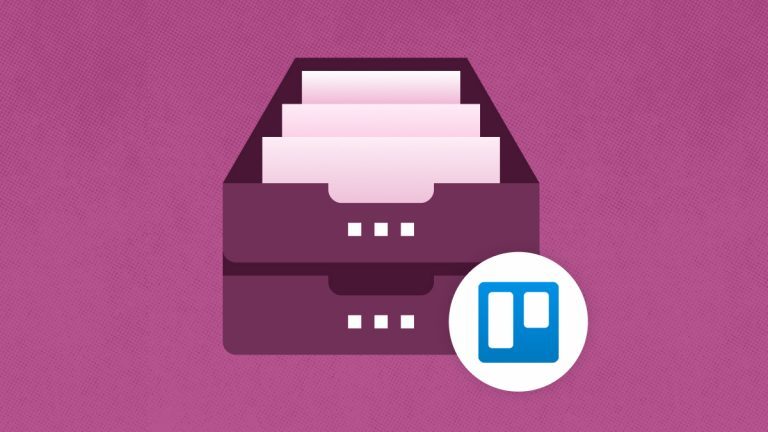
Elizabeth Harrin
Author and Mentor
Trainer and mentor Elizabeth Harrin is the author of ‘Managing Multiple Projects’ and several other popular project management books. She runs the Project Management Rebels community and speaks at conferences internationally and virtually. She works as a project manager in the UK healthcare sector.
I nearly became an auditor when choosing my corporate direction as a young manager. I think the role is interesting and plays an essential part in an organization’s governance. Ultimately, I stayed in project management and saw project auditing from the other side.
As a project manager, facing an in-depth review can be daunting – I’ve been there! The good news is that you can plan for an audit like any other aspect of your work. Effective audit project management involves having structured processes, clear documentation, and a well-defined data governance strategy, just like you would do for managing the rest of the project. In this article, I’ll share some tips for how to prepare for an audit effectively.
What is included in a project audit?
A project audit in project management can focus on anything, so it’s a good idea to get familiar with what is being asked of you. Some common topics include:
- Financial: Ensuring project budgets, invoices, and financial records are accurate.
- Compliance: Verifying that the project adheres to industry regulations and internal policies.
- Risk: Evaluating how well project risks were identified and managed.
- Data governance: Checking if project data is stored, backed up, and appropriately secured.
The most common audits I’ve been involved with are project management audits, where the reviewer looks for evidence that the work has been managed efficiently, with appropriate milestones, resource plans, and processes followed. I’ve also been part of common financial audits, where the reviewer analyzed timesheet data and how project costs were split between opex and capex.
Regardless of the type of audit, one thing stands out: auditors often request a lot of documentation. Maintaining adequate records and keeping clear data governance policies in place is essential. Digging out all the old documents is time-consuming, so having backups and clear configuration management make the job much easier.
Getting your information ready
Audit preparation begins well before you know you’re being audited. Start your project with good document management and housekeeping; you’ll find it much easier to retrieve the files when reviewers request them. For example:
- Ensure all project documents are properly categorized and labeled.
- Use version control to keep track of project changes.
- Store records in secure, accessible repositories.
- Create backups to have “moment in time” records and working files.
- Assign data owners to oversee record-keeping responsibilities.
You’ll likely need to show both the historical records and the current versions of the files. When you’re asked, “When did you start flagging this risk?” you’ll want to be able to provide the status report that indicates when it was first escalated.
Pre-planning for audit time
If you think an audit is likely, organize and prepare yourself. Here are some tips to help you manage the data in preparation for a review:
- Schedule an internal audit to go through the process with a friendly face. Use this time to check for data completeness to see what is missing.
- Ask the Project Management Office for a project audit checklist so you can assess your readiness in advance.
- Set up automated alerts to get into the habit of creating backups and baselines, organizing your document repositories, and filing documents.
Managing time to meet audit deadlines
Auditors don’t hang around. When you receive an email requesting information, ensure you manage your time to provide the audit deliverables, allowing the auditors to complete their assessment.
Delays in responding to requests can result in fines for the company or lead to concerns about non-compliance. Provide what is required within the time frames.
If you’re unsure of the deadlines, ask. There will be a detailed plan for the work, so the auditors, stakeholders, and information providers like you can see what should be happening and when.
The challenge for project teams is to keep delivering their work while preparing for the review and responding to the auditor’s requests. Expect your workload to increase during the review period. If possible, seek support for your project commitments during this time.
After the audit
You should expect a project management audit report once the work is complete. This document will highlight the areas of strength and weakness across the delivery. It will likely point out areas for improvement and things you’re doing well that you should continue doing.
Some project managers look at the report with dismay because it represents everything they need to improve about how they lead the work. I view it as a learning opportunity, not a list of criticisms. It is such a valuable report because it shows you where you can improve project performance for a better outcome, and don’t we all want that for our projects? So, try not to take the results to heart; instead, look at what improvements you want to make to your professional practice.
Next steps for project audit readiness
Auditing isn’t just about compliance. It’s about impartial oversight of working practices. Prepare your company for internal reviews and formal audits by following project management best practices and managing your data so you can easily find the evidence you need to submit.
Review your current project files and identify what’s missing if you want to get ahead. Fill the gaps, and you’ll have a stress-free experience when the audit arrives.
Download whitepaper
to learn more about data protection strategies

























